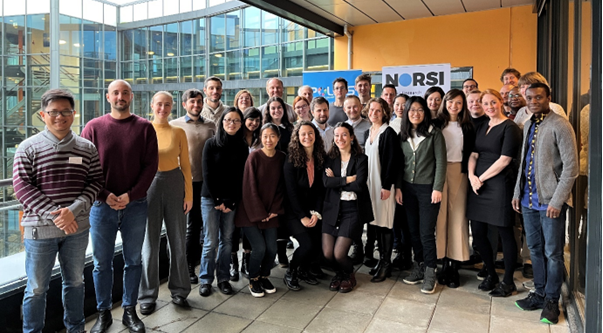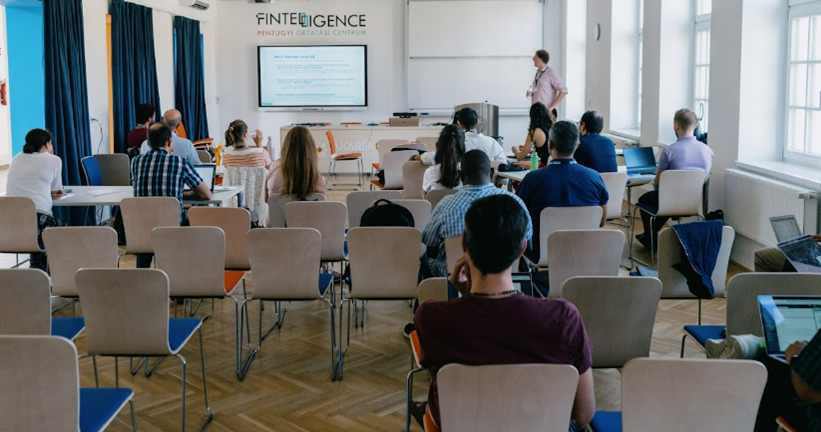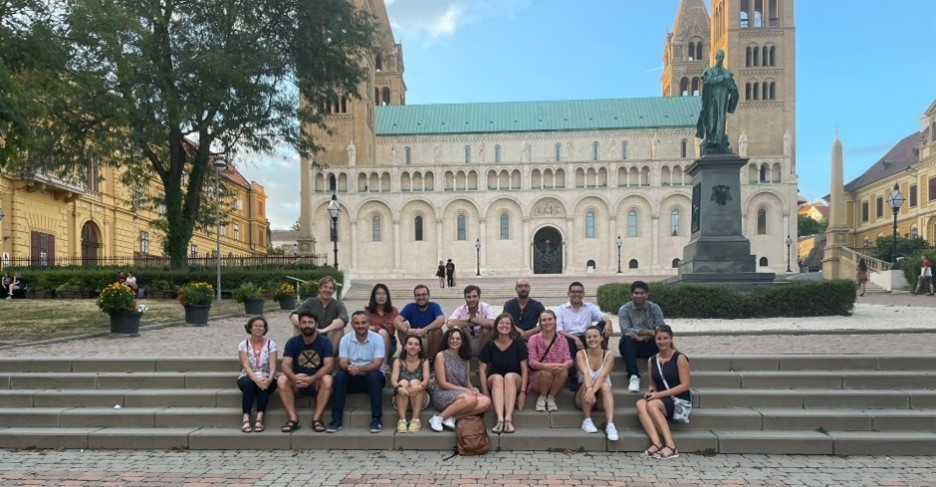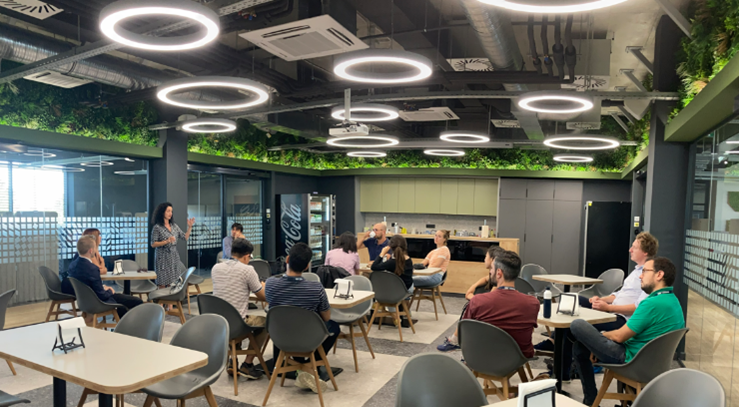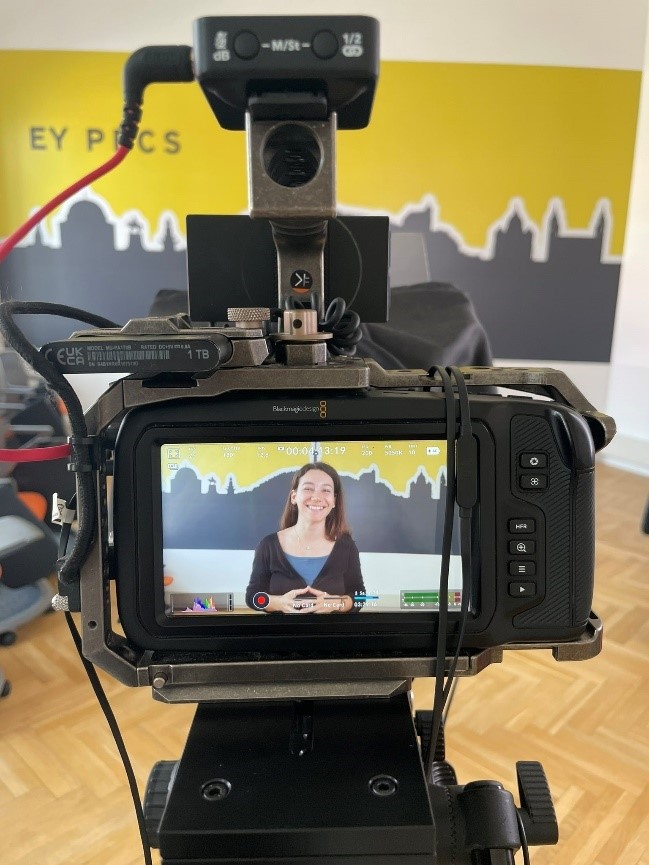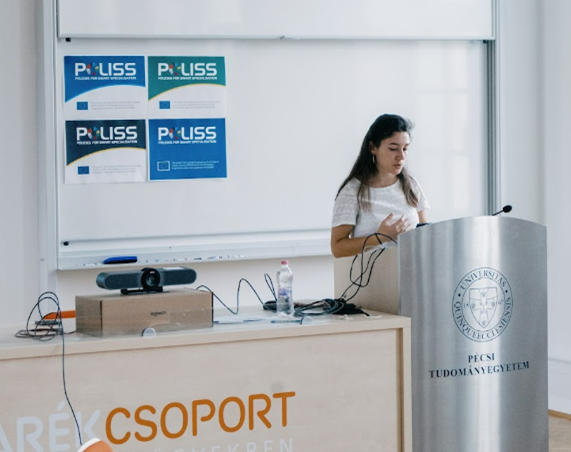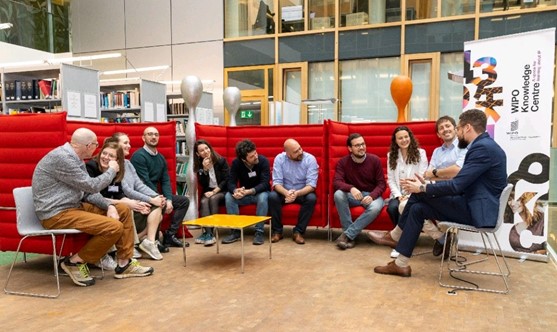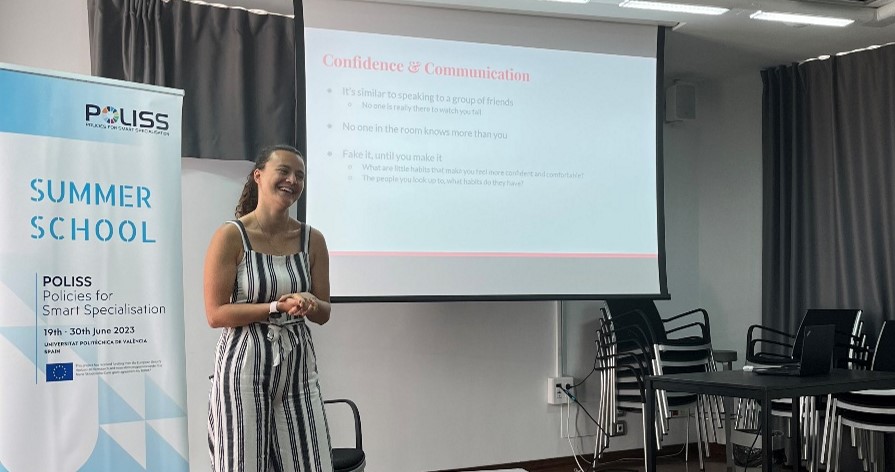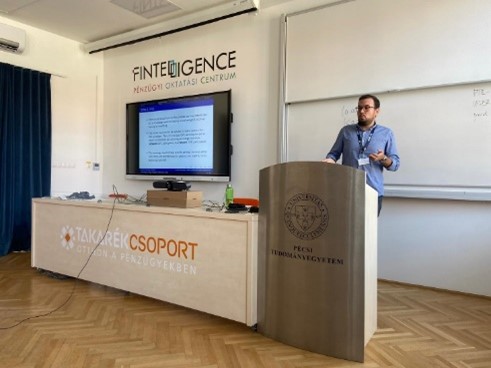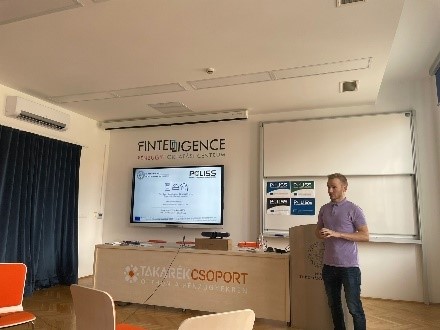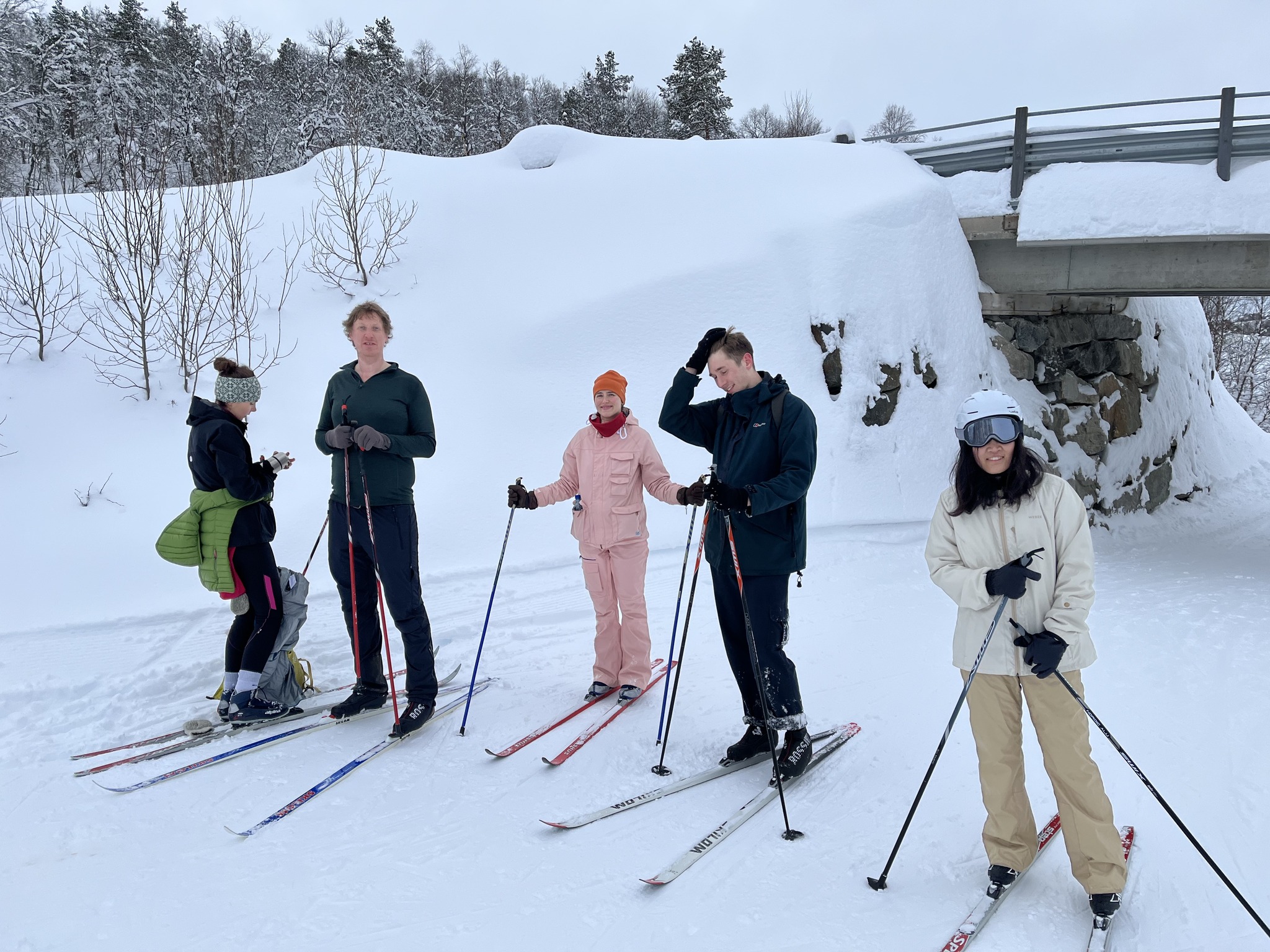The POLISS program, for me, was an ideal way to get through the highs and lows of the PhD. Having a community to share everything with will always be the main highlight. The community was influential in guiding each other through the tough parts of the PhD, providing feedback on each other’s work whenever we needed it, and basically growing in our careers together and through each other. Other POLISS benefits include learning to present in public and being able to network with various types of audiences, having the ability to register to any course that may drive my research forward, and of course – traveling to amazing places! My current job, being a Data Scientist focused on Large Language Model applications at the World Bank would have been impossible without POLISS. First, POLISS resources allowed me to train myself on such a novel and important skill throughout the PhD. Second, it is during the final PhD conference which happened at my university that I was able to find out about the opportunity, by networking with the right people. I was involved with organizing that final PhD conference and invited speakers to discuss different career options post PhD with the cohort. One of the speakers ended up guiding me to this job, which I love. POLISS taught me to learn, to be powerful in my presentation skills, to be confident and gave me amazing colleagues some of which remain life-long friends.
POLISS was an extraordinary experience, which not only shaped my development as a researcher, but also gave me the freedom and knowledge to define my own career path. What I valued the most was the network of personal and professional connections forged during the years of the program. These relationships proved to be long-lasting and have continued to thrive even after most of us defended our doctoral theses. A clear testament to this lasting collaboration is our group of POLISS alumni collectively applying for and winning a 10 000 GBP grant from the Regional Studies Association to continue researching the future of smart specialisation. We have not only maintained our network but also expanded it to include new partners from the academic and non-academic sector.
Professionally, the ITN opened many doors. It was during my POLISS academic secondment in Hungary, that I first learned about the work of ANETI lab at Corvinus University of Budapest, where I later secured a two-year postdoctoral fellowship. This connection would have hardly been possible without POLISS, and it enabled me to continue my research line on inter-organisational and inter-personal network dynamics, this time within a computational data science team. In hindsight, as I reflect on the contributions of the POLISS program, I feel both grateful for the opportunities the network provided, and optimistic for those that may follow in the future.
This August, I had a layover in Warsaw, Poland. Although it was my first time in this city, I felt a sense of familiarity because of Maria Skłodowska-Curie. She was the first scientist I admired when I was eight years old, and nineteen years later, I benefited from the research fellowship established in her name, which gave me the opportunity to pursue a PhD in Italy. Now, POLISS is approaching to its end.
Over the past four years, I have gained a lot. At Bocconi, I received solid academic training and the opportunity to explore research questions that I am passionate about. Beyond that, POLISS exposed me to international academic collaboration and communication. Here, I have met researchers from different countries and backgrounds. Together, we discussed research questions, worked hard, and inspired each other. Especially the other early-stage researchers (ESRs)—they made my arduous PhD journey abroad less lonely. I was also fortunate enough to be part of their academic and personal lives. I witnessed the formation of new families, the birth of new lives, and the tremendous growth of each individual. Moreover, the unique feature of the second secondments made me reflect on issues related to employee mobility, which has now become the topic of one of my research projects.
I am grateful to Marie Curie’s spirit for guiding me onto this path of scientific research, thankful to POLISS for allowing me to truly begin my research journey, and look forward to continuing this path alongside the professors and ESRs from POLISS.
I feel very honored to be part of the extensive POLISS research project. Previously, even getting a Ph.D. position through a scholarship seemed daunting, and MSCA’s recruitment standards were far above that. Thanks to a distinguished professor in regional economics, I was introduced to the University of Pécs, POLISS, MSCA, Hungary, and Europe. Through my involvement with POLISS, I realized the breadth of regional economic research and the complex relationship between innovation, technology, and regional development. Initially, I was apprehensive about whether I would be able to meet the rigorous standards and program, but the supportive nature of the POLISS management team and the diverse expertise of my fellow researchers made me feel part of a family and grow with them. The supervisory team of leading scientists and knowledgeable researchers at POLISS has been instrumental in my development. Their expertise, energy, and enthusiasm have constantly motivated me to strive for excellence beyond my limits. The support and opportunities provided by POLISS have exceeded my expectations, and I am grateful for the wealth of knowledge and experience I have gained. Of all that POLISS has given to all of us, I feel that it has been more than enough. My only wish for the entire POLISS team is to stay with them as they grow.
The POLISS program was a defining moment in my academic journey, playing a pivotal role in shaping my intellectual path and career trajectory. The guidance provided by Prof. Stefano Breschi and Prof. Andrea Morrison refined my thinking and deepened my understanding of the economics of innovation, which continues to influence my current research. The dynamic and collaborative community of early-career researchers in POLISS fostered an environment of collaboration and growth, contributing to both my personal and professional development. What truly set the POLISS program apart was its balanced approach, integrating technical training with essential soft skills needed to succeed in academia, particularly during the flagship Summer and Winter Schools.
The skills and knowledge I gained through POLISS were instrumental in my successful admission to the PhD program at Duke University. My current research, which focuses on the impact of large-scale grants on scientific innovation and deep-tech entrepreneurship, builds upon the foundation laid during my time in the POLISS program. My only wish is that I could have joined the program from its official start to maximize my experience.


